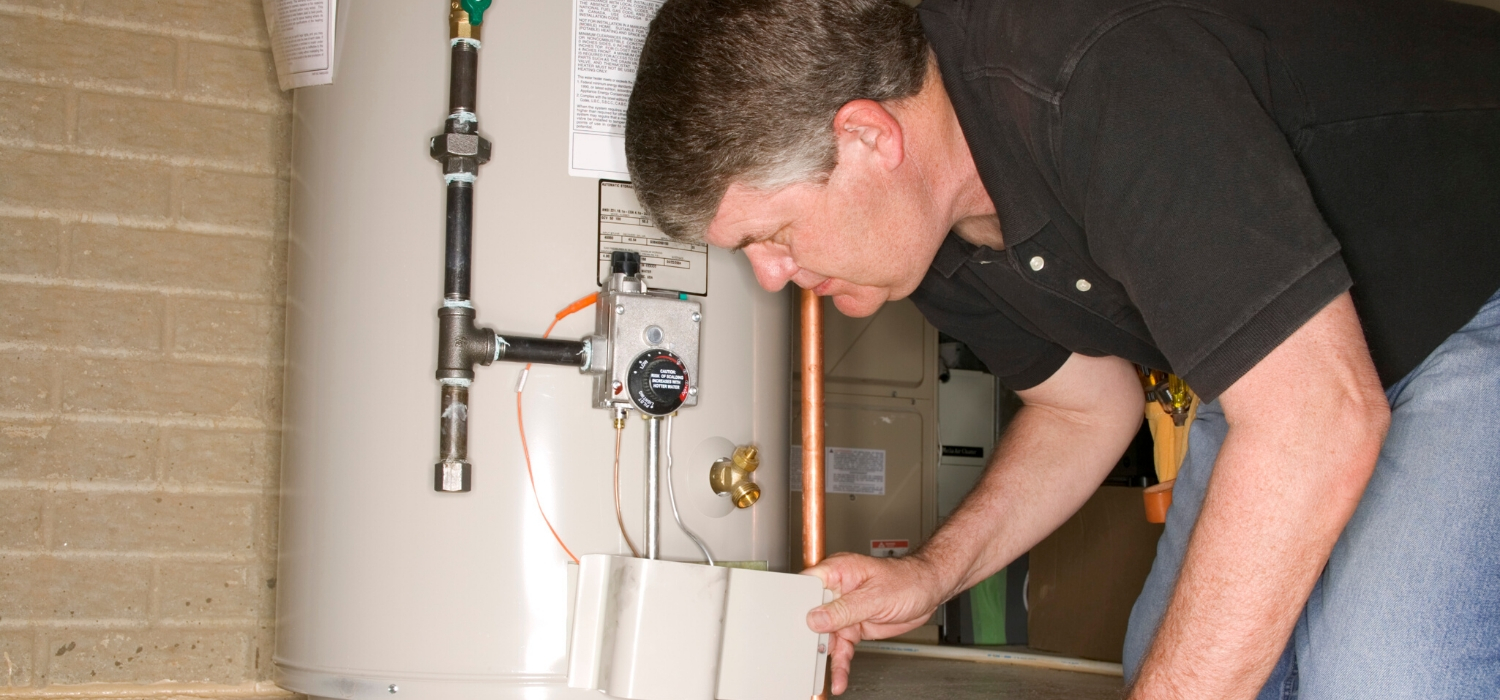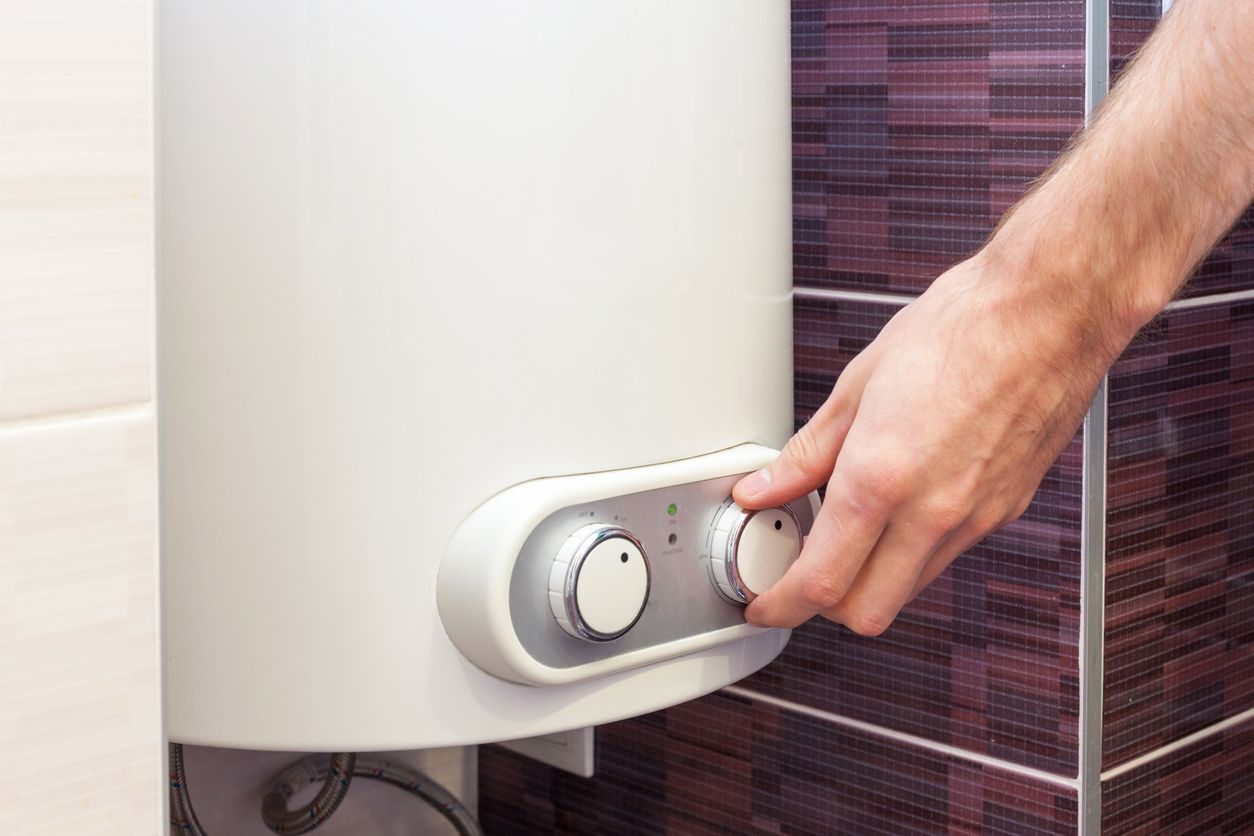Dealing with the Chief Water Heater Crisis Events
Dealing with the Chief Water Heater Crisis Events
Blog Article
Everybody may have their personal way of thinking when it comes to Common Hot Water Heater Problems.

A water heater is one of the most vital standard devices that can be found in a residence. With hot water heater, you don't need to undergo the stress and anxiety of heating water by hand every single time there is a demand to take a bath, wash, or the dishes. Nevertheless, there is constantly a possibility that your water heater would act up similar to a lot of mechanical devices.
It is necessary to note any type of little breakdown and tackle it swiftly prior to things leave hand. Most times, your water heater starts to malfunction when there is an accumulation of debris as a result of continuous use. As a precaution, routine flushing of your hot water heater is recommended to avoid debris build-up and also protect against practical failure.
Usual hot water heater emergencies and how to deal with them
Leaking water heater container.
In this scenario, you must turn off your water heating unit, allow it to cool down, and also very carefully look for the resource of the problem. At times, all you need to do is to tighten a couple of screws or pipeline connections in instances of minor leakages. If this does not function and also the leak lingers, you may require to use the solutions of a professional for a suitable substitute.
Changing water temperature.
Your water heating unit could begin creating water of various temperatures generally ice scalding or cold hot. There could be a need to change either the home heating or the thermostat unit of your water heating unit.
Inadequate hot water
Dealing with an inadequate supply of warm water can be frustrating. It may be that the water heater can't sustain the warm water demand for your house. To take care of this issue, you might try to change your heating system's temperature dial and wait for a few minutes. If the problem persists, you can request for the aid of a specialist plumber. Additionally, you could update your hot water heater to one with a bigger capability.
Discolored or stinky water
You require to know if the problem is from the water or the container source when this happens. You are specific that it is your water heater that is faulty if there is no funny smell when you run cold water. The odiferous water can be triggered by rust or the accumulation of microorganisms or debris in the water heater tank. As soon as you observe this, you can try flushing out your container or replacing the anode if the issue lingers. The function of the anode is to clean microorganisms from your container. Because the anode pole substitute calls for a detailed understanding of your water heater, you will require the help of an expert.
Final thought
Some property owners overlook little caution as well as minor faults in their hot water heater device. This just results in further damage and a possible full breakdown of your appliance. You must deal with your hot water heater mistakes as quickly as they come up to prevent more costs and unnecessary emergency difficulties.
With water heating units, you don't need to go through the stress and anxiety of heating water manually every time there is a need to take a bath, do the washing, or the meals. Your water heating unit might start creating water of various temperature levels generally ice hot or cold hot. It may be that the water heating unit can not support the warm water demand for your home. If there is no funny odor when you run cool water, after that you are particular that it is your water heating unit that is damaged. The stinky water can be triggered by corrosion or the build-up of germs or sediments in the water heating system tank.
Common Water Heater Issues and What You Should Do
What Type of Water Heater Do You Have?
Before we begin it’s first important that you identify the type of water heater you have on your property. There are two main types of water heaters out there: conventional and high efficiency.
Both of these types of products typically use either gas or electricity to heat power. There are also solar water heaters that use a thermal collector on the roof or yard to heat the water.
While these models are not as common, they can cut heating costs in half. In this article, we will focus on conventional and high efficiency.
How Do My Electric and Gas Water Heater Work?
Though they look similar, electric and gas water heaters work very differently. It’s important to know their basic function because often problems can be specific to the heating source.
In the electric model, a thermostat on the side of the machine detects the temperature of the water in the tank. When the temperature needs to rise electricity flows to a heating element suspended in the water.
Gas models also use a thermostat device — typically with a mercury sensor at the tip and an additional sensor called a thermocouple. The thermocouple detects whether the pilot light is on and controls the flow of gas.
When the thermostat drops below the appropriate level gas is released which becomes ignited by the pilot light. The flame heats the bottom of the water tank which causes hot water to rise and cold water to drop.
This natural circulation continues until the water reaches the desired temperature. Then, the thermostat triggers the gas control valve to shut off the flow of gas.
What Are the Most Common Issues and How Do You Fix Them?
https://happyhiller.com/blog/common-water-heater-issues-and-what-you-should-do/

As a passionate reader on Warning Signs You Need Water Heater Repairs, I imagined sharing that blog post was really helpful. If you please take the opportunity to share this blog entry if you appreciated it. Thanks for your time. Visit us again soon.
Need assistance? Call. Report this page